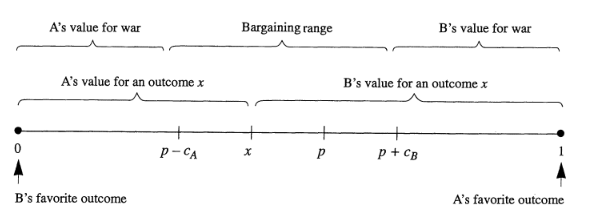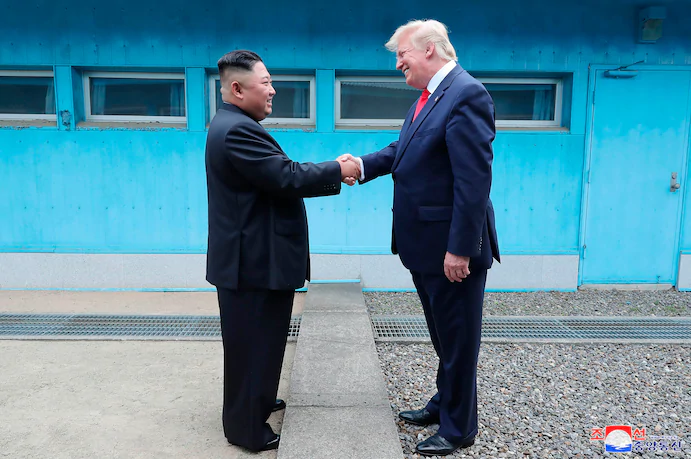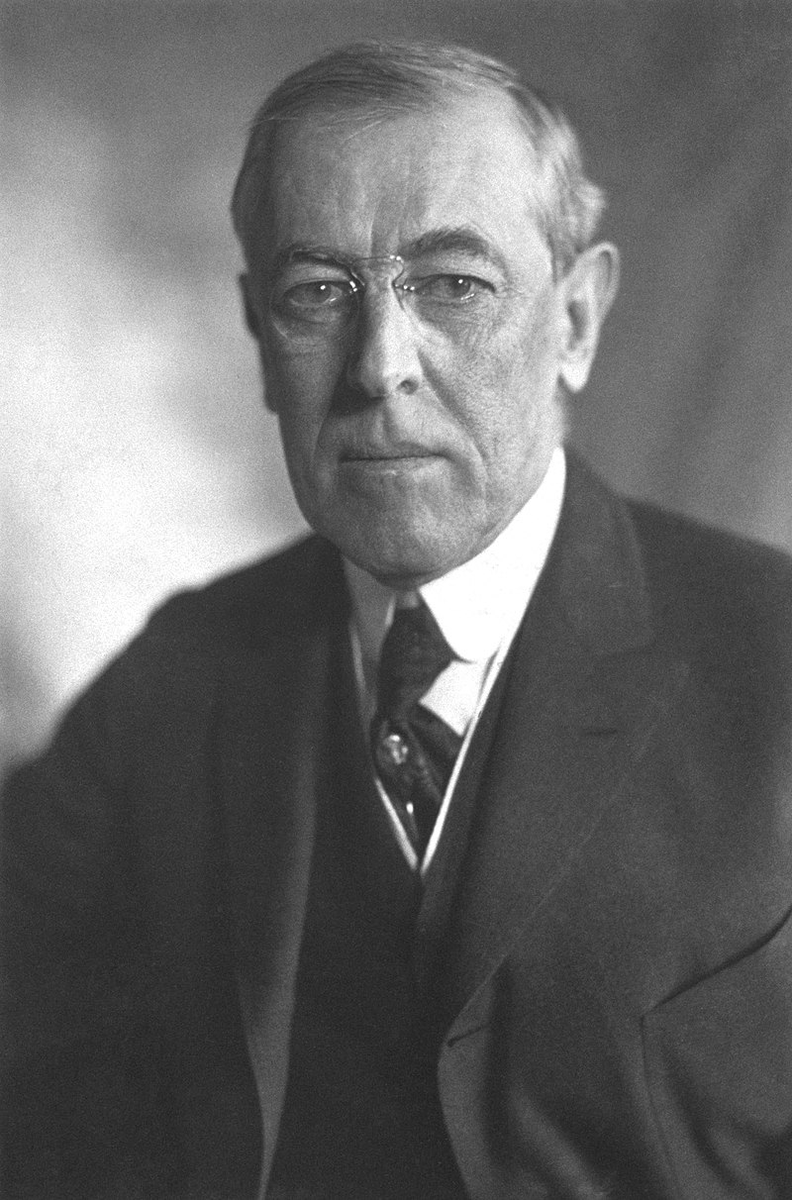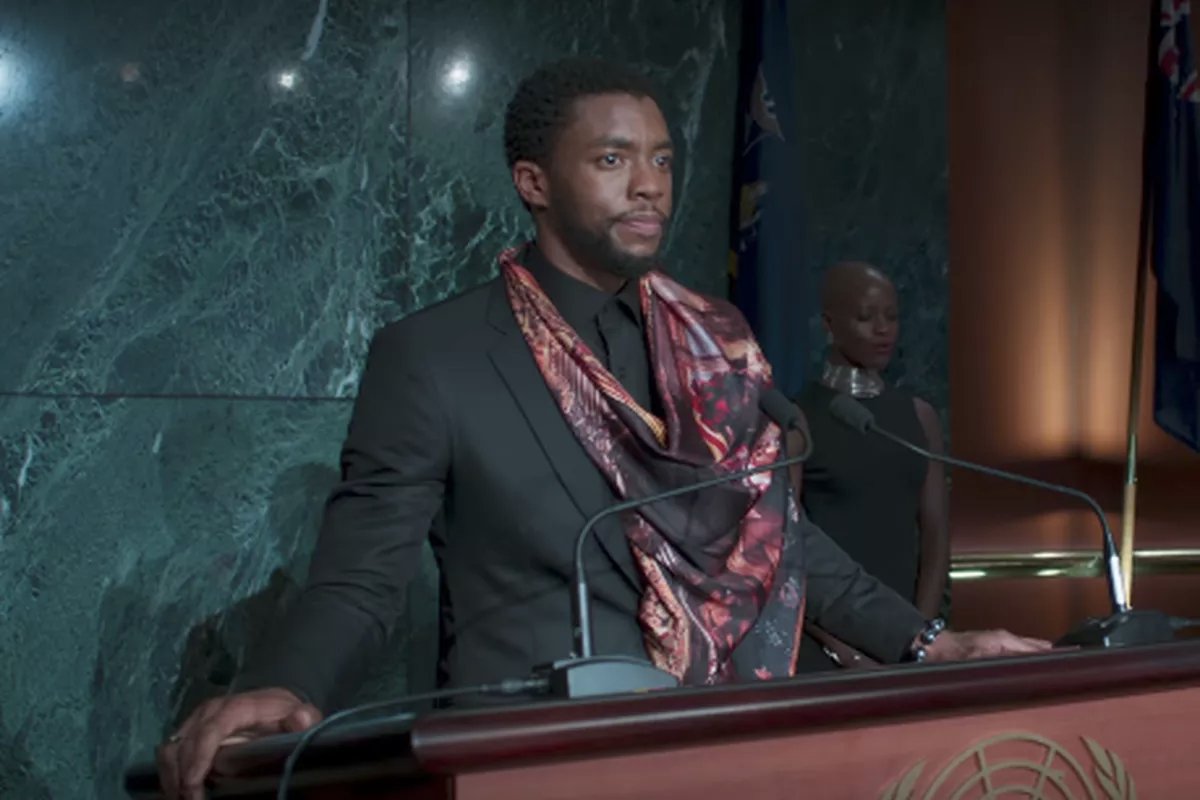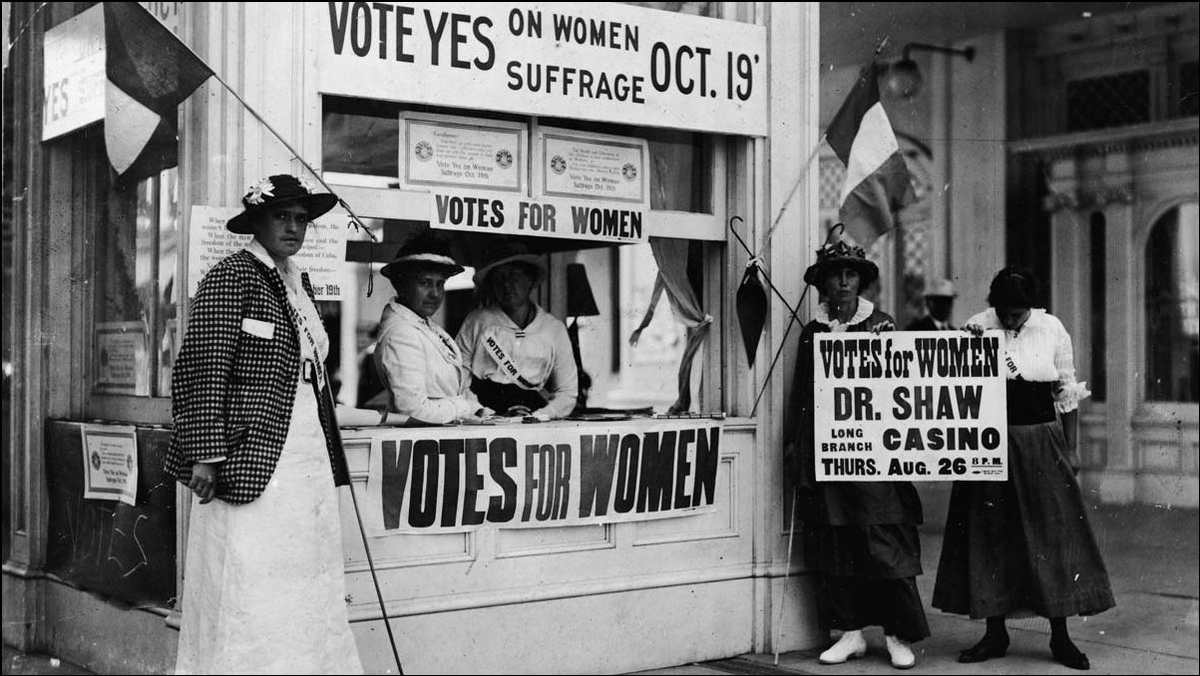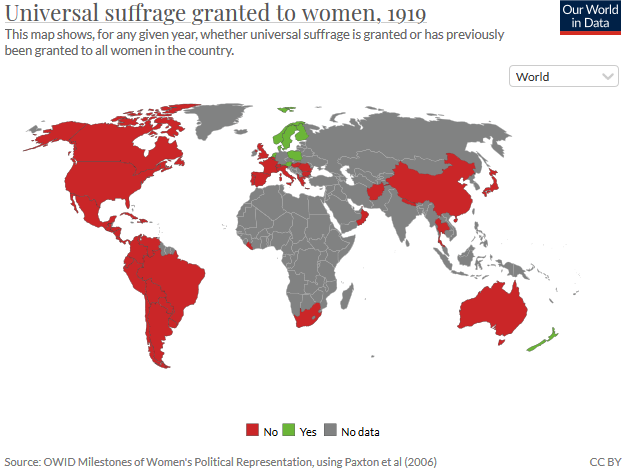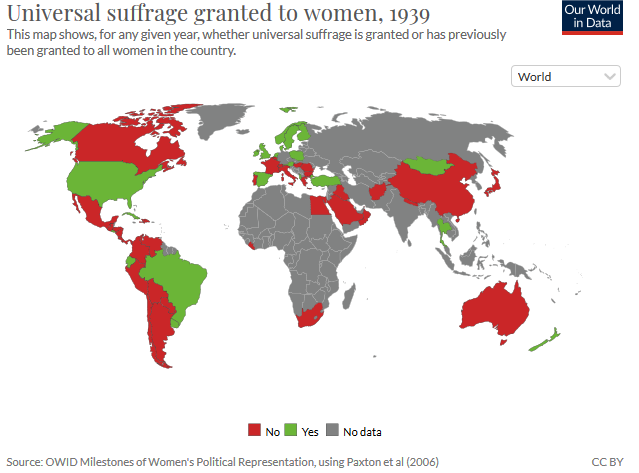
"Competitor? Adversary? Enemy?"
@SusanPage posed that question about 🇨🇳's relationship with 🇺🇸 during #VicePresidentialDebate.
Are such distinctions useful and do any of the terms accurately describe 🇺🇸-🇨🇳 relations?
Let's break it down.
[THREAD]
@SusanPage posed that question about 🇨🇳's relationship with 🇺🇸 during #VicePresidentialDebate.
Are such distinctions useful and do any of the terms accurately describe 🇺🇸-🇨🇳 relations?
Let's break it down.
[THREAD]
To start, notice what were NOT options given by Page:
"friends, partners, allies"
(though Page did acknowledge that 🇨🇳 could be a "potential partner" for addressing 🇰🇵 and climate change)
So we're starting with the presumption of a "confrontational" relationship.
"friends, partners, allies"
(though Page did acknowledge that 🇨🇳 could be a "potential partner" for addressing 🇰🇵 and climate change)
So we're starting with the presumption of a "confrontational" relationship.
From the standpoint of foreign policy discourse, there can be value in saying that someone is a "competitor" (competition is "healthy") rather than an "enemy" (who is "evil"). @EdwardGoldberg makes this distinction in a piece for @Salon
salon.com/2019/06/22/chi…
salon.com/2019/06/22/chi…
And there can be value in distinguishing "adversary" from "enemy" in foreign policy. @M_Ignatieff made this point in a @nytimes piece years ago:
Adversary -> compromise possible
Enemy -> compromise bad
nytimes.com/2013/10/17/opi…
Adversary -> compromise possible
Enemy -> compromise bad
nytimes.com/2013/10/17/opi…
But do IR scholars distinguish "competitor", "adversary", and "enemy"?
To an extent. To understand when and how, consider the more widely used IR concept of "international rival"
To an extent. To understand when and how, consider the more widely used IR concept of "international rival"
When it comes to studying international rivalry, I start with this 2001 @ISQ_Jrnl piece by Bill Thompson
academic.oup.com/isq/article-ab…
academic.oup.com/isq/article-ab…
In the paper, Thompson presents new data "predicated on systematizing historical perceptions about competitors, threats, and enemies."
For Thompson, this means the actors must regard each other as (1) competitors, (2) there being a possibility of military conflict, & (3) enemies
For Thompson, this means the actors must regard each other as (1) competitors, (2) there being a possibility of military conflict, & (3) enemies
"Competitors" are states that view one another as being "in the same league".
For example, as @dlarson13 & Alexei Shevchenko lay out in @Journal_IS, 🇨🇳 (& 🇷🇺) want to be viewed by 🇺🇸 as having "Major Power status"
mitpressjournals.org/doi/abs/10.116…
For example, as @dlarson13 & Alexei Shevchenko lay out in @Journal_IS, 🇨🇳 (& 🇷🇺) want to be viewed by 🇺🇸 as having "Major Power status"
mitpressjournals.org/doi/abs/10.116…
But competitors need not be hostile. Thompson acknowledges that "Some are friends, others are enemies."
For "friendly" competitors, see 1980s 🇺🇸-🇯🇵 relations
marketplace.org/2018/11/29/how…
For "friendly" competitors, see 1980s 🇺🇸-🇯🇵 relations
marketplace.org/2018/11/29/how…
This is why perception of "enemy" is so key to being "rivals".
"Enemies" are states that are "problems" due to being militarily threatening.
"Enemies" are states that are "problems" due to being militarily threatening.
How does a state become perceived as "threatening"?
@stephenWalt broke it down well in his classic book
amazon.com/Origins-Allian…
@stephenWalt broke it down well in his classic book
amazon.com/Origins-Allian…
Walt mentions "ambitions" as playing a role in state being perceived as aggressive. Actions should play a role too.
Of course, such perceptions can be wrong
amazon.com/Perception-Mis…
Of course, such perceptions can be wrong
amazon.com/Perception-Mis…
And states can, within certain bounds, construct any perception they want of an "other"
cambridge.org/core/journals/…
cambridge.org/core/journals/…
But assuming that a states is perceived as an "enemy", that state may still not be viewed as a "rival".
That is because not all "enemies" are "competitors". Think of 🇺🇸-🇮🇷 relations
thenation.com/article/archiv…
That is because not all "enemies" are "competitors". Think of 🇺🇸-🇮🇷 relations
thenation.com/article/archiv…
Having laid all of this out, Thompson's team then engaged in intensive reading of diplomatic histories and news sources to identify when states perceived one another as "rivals" 

Thompson then provides a list of interstate rivalries over the past 200 years.
US rivalries include, among others:
- US v USSR 1945-1989
- US v Britain 1816-1904
- US v Chile 1884-1891
- US v China 1949-1978
- US v Japan 1900-1945
US rivalries include, among others:
- US v USSR 1945-1989
- US v Britain 1816-1904
- US v Chile 1884-1891
- US v China 1949-1978
- US v Japan 1900-1945
Other major power rivalries include
- Russia v Germany 1890-1945
- Russia v Japan 1873-1945
- Russia v Britain 1816-1956
I think you see a pattern
- Russia v Germany 1890-1945
- Russia v Japan 1873-1945
- Russia v Britain 1816-1956
I think you see a pattern
https://twitter.com/ProfPaulPoast/status/1204745930144174080
But there are also non-major power rivalries, such as Armenia-Azerbaijan since 1991
vox.com/21502327/armen…
vox.com/21502327/armen…
Thompson's 2001 piece then led to a series of publications on the concept, namely this 2007 book with Karen Rasler and @colaresi...
amazon.com/Strategic-Riva…
amazon.com/Strategic-Riva…
So it IS useful to distinguish "competitor" from "rival" from "enemy". Great question by @SusanPage!
c-span.org/video/?475794-…
c-span.org/video/?475794-…
Of course, we should note that neither @Mike_Pence or @KamalaHarris answered the question (but instead used it as an opportunity to attack one another)
But maybe that's okay: after all, it's not yet clear into which category 🇺🇸🇨🇳 relations will fall.
[END]
But maybe that's okay: after all, it's not yet clear into which category 🇺🇸🇨🇳 relations will fall.
[END]
• • •
Missing some Tweet in this thread? You can try to
force a refresh


